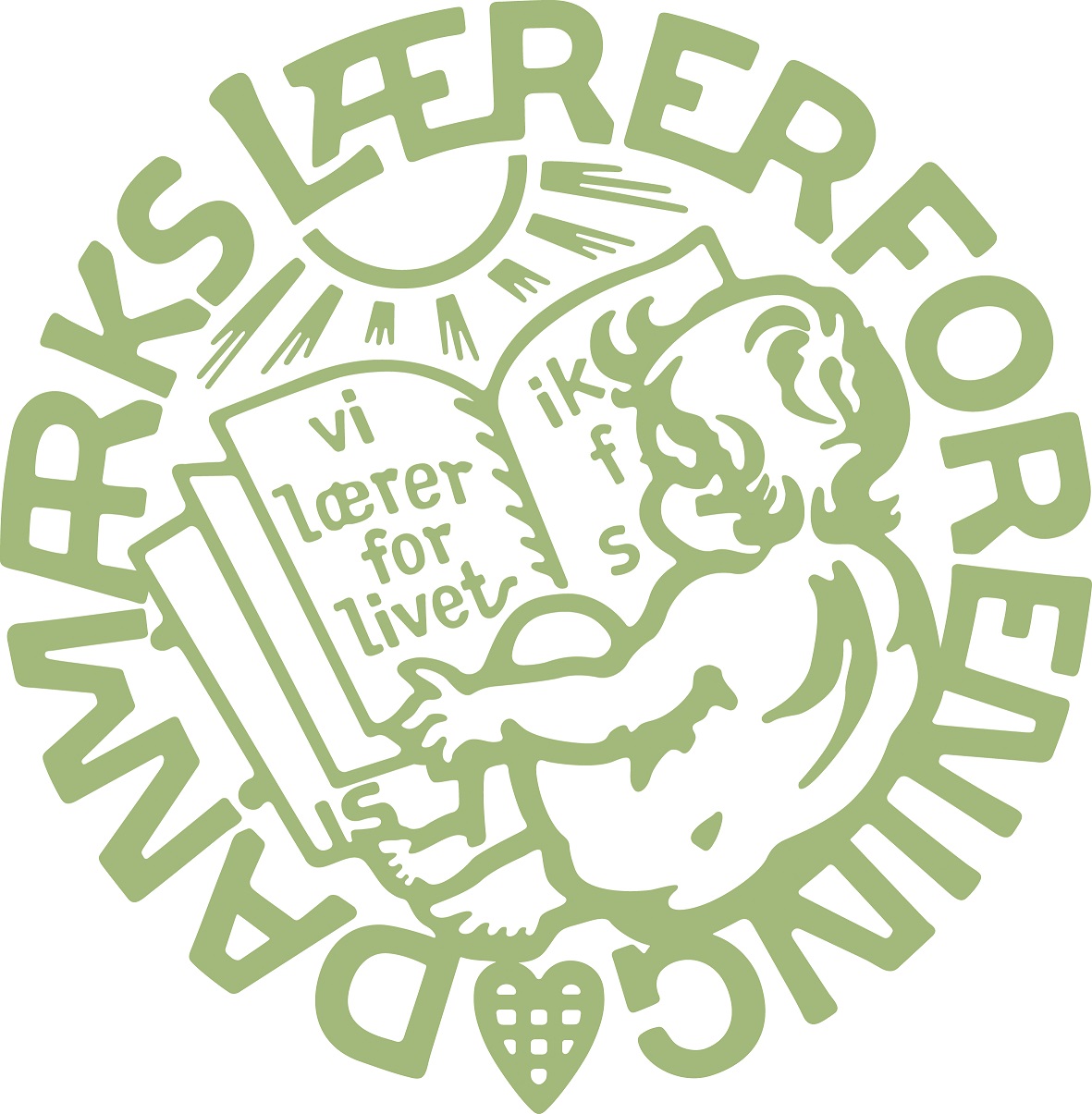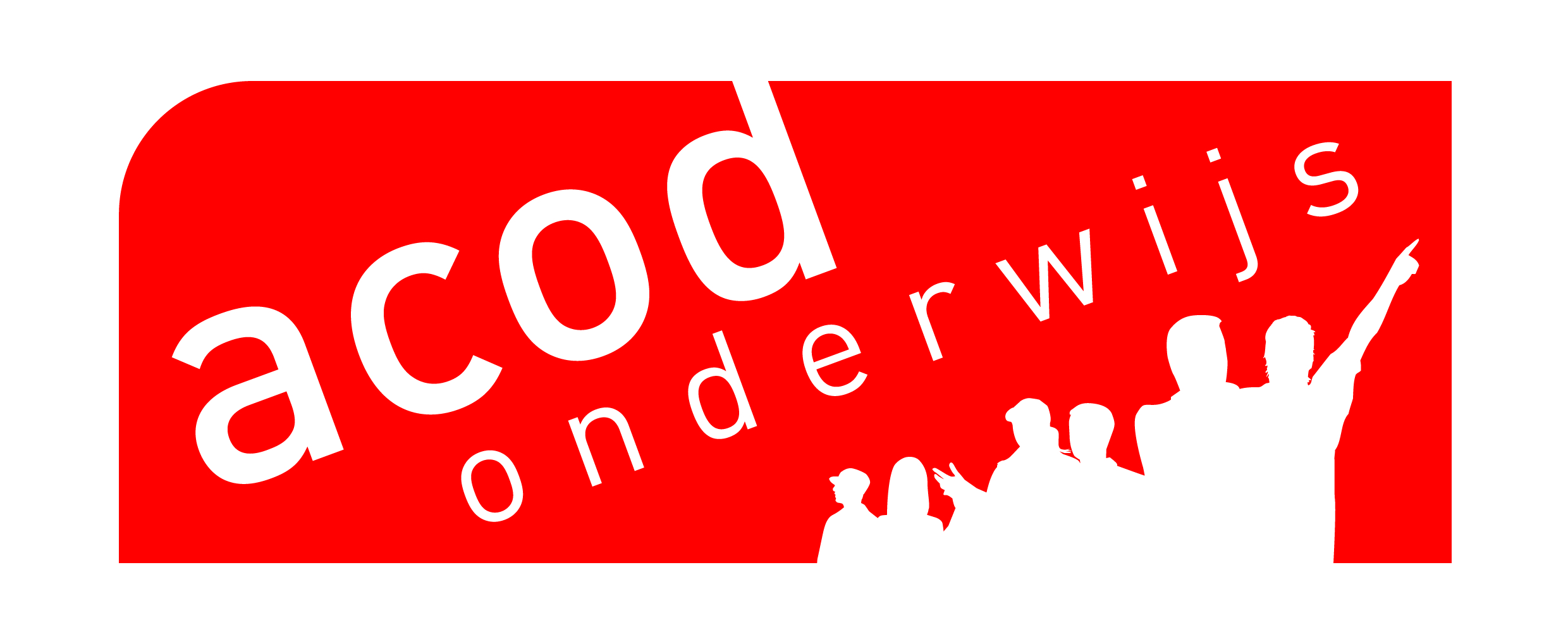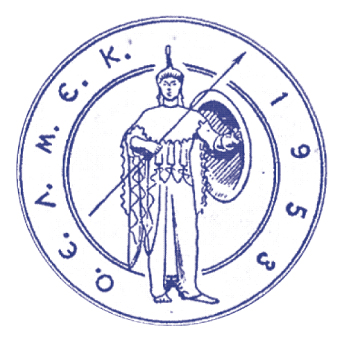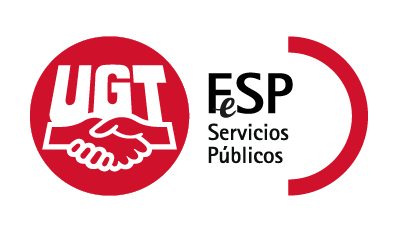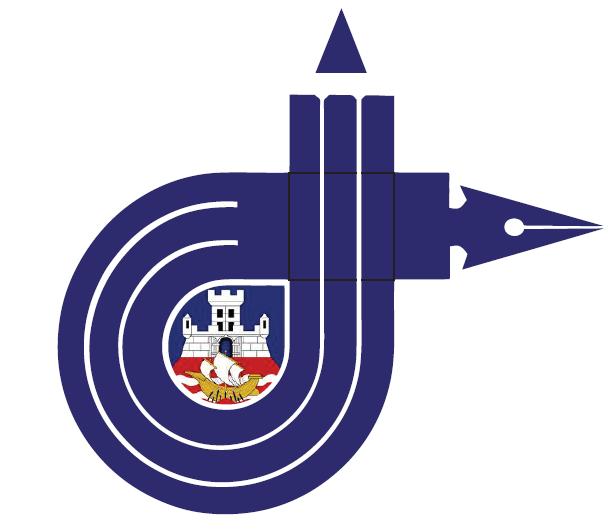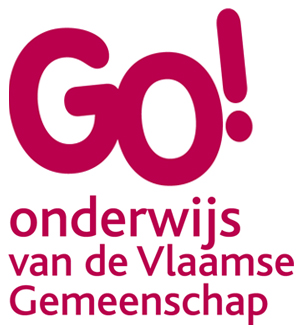1st Training Seminar
14-15 March 2019
This project aims to promote successful methods of migrant education in schools as well as evaluating current policies and practices, which will result in a concrete set of proposals and recommendations for national member organisations and governments.
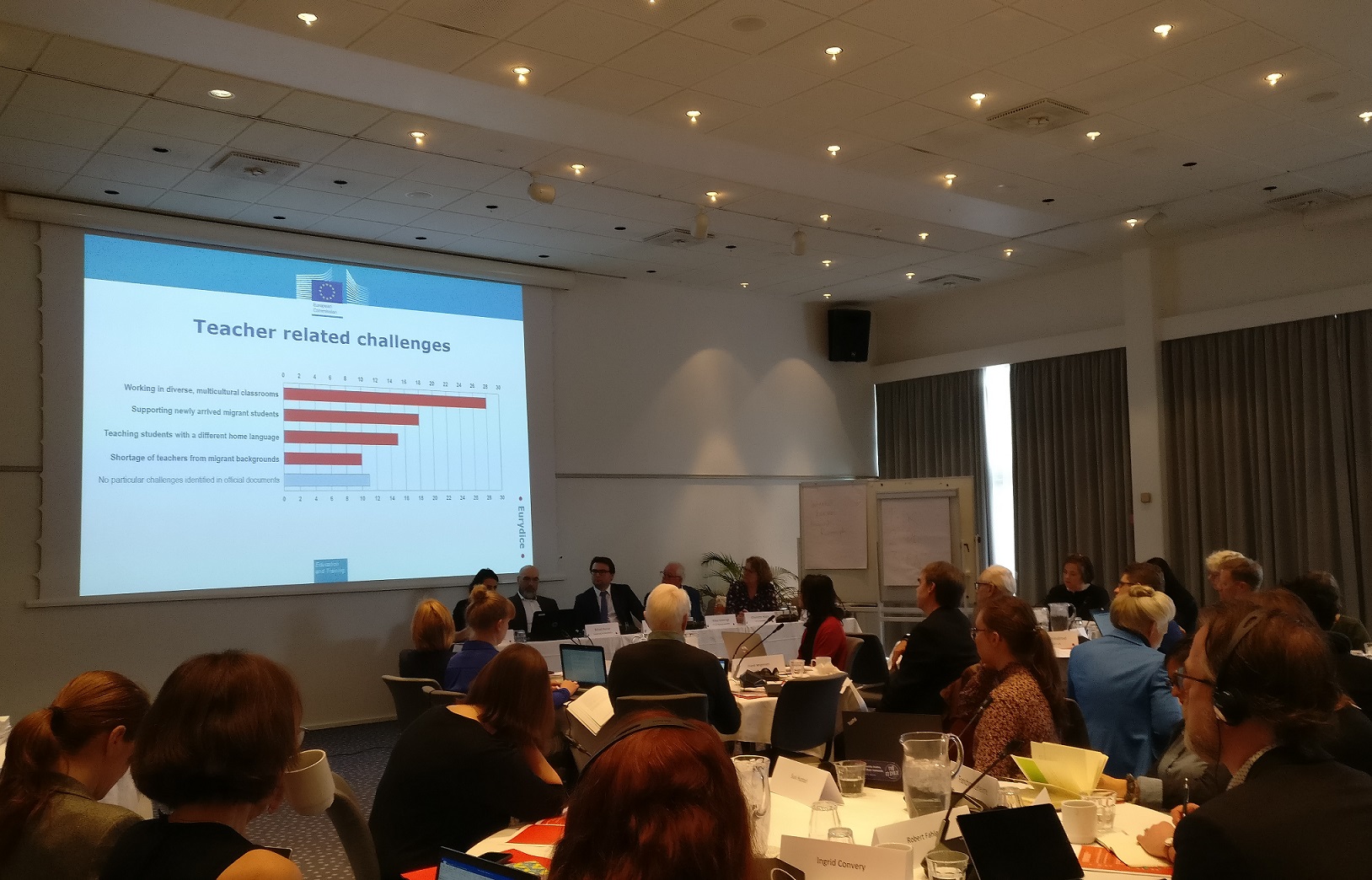
Advisory Group
- Susan Flocken ETUCE
- Paola Cammilli ETUCE
- Daniel Wisniewski EFEE
- Sarah Kik EFEE
- Charlotte Holm DLF Denmark
- Jean-Luc Barbery ACOD-Onderwijs Belgium
- Pantelis Nicolaides OELMEK Cyprus
- Tanja Modrijan ESTUS Slovenia
- Maria Luisa Vico Nieto FeSP-UGT Spain
- Borka Visnic TUS Serbia
- Brenda Lynch ETBI Ireland
- Koenraad Vandenbussche GO! Belgium
Advisory Group
Supported by
- This project is supported by the European Commission.
Advisory Group
Related topics
On 14 and 15 March 2019, the first European education social partners’ training seminar took place in Copenhagen, Denmark, organised with the support of the ETUCE member organisation DLF, partner to the project “European Sectoral Social Partners in Education promoting effective integration of migrants and refugees in education”. Social partners from Belgium, Denmark, Estonia, Finland, Germany, Iceland, Ireland, Norway, Sweden and UK discussed migrants’ and refugees’ educational needs as well as challenges and solutions for their effective inclusion in education with a view to draft the ETUCE-EFEE Joint Practical Guidelines on how to promote effective integration of migrant and refugee learners in the education and socio-economic environment of the host countries through joint social partner initiatives at national, regional and local level. Teacher shortages, lack of training on multi-cultural competences, psycho-social support to deal with students who experienced trauma, second language teaching skills and teaching in mother tongue, workload and insufficient resources to approach educational needs individually emerged as barriers to newcomers accessing education. Social partners were joined in the discussion by other stakeholders such as the European Parents’ Association, the European Students’ Union, the Platform for International Cooperation on Undocumented Migrants, SOLIDAR, and the LABOUR-INT consortium. The need for synergies among the wider learning community to reduce inequalities and meet migrant and refugee children’s needs was recognised. Concluding the meeting, social partners renewed their commitment to address this crucial challenge through European and national social dialogue.

